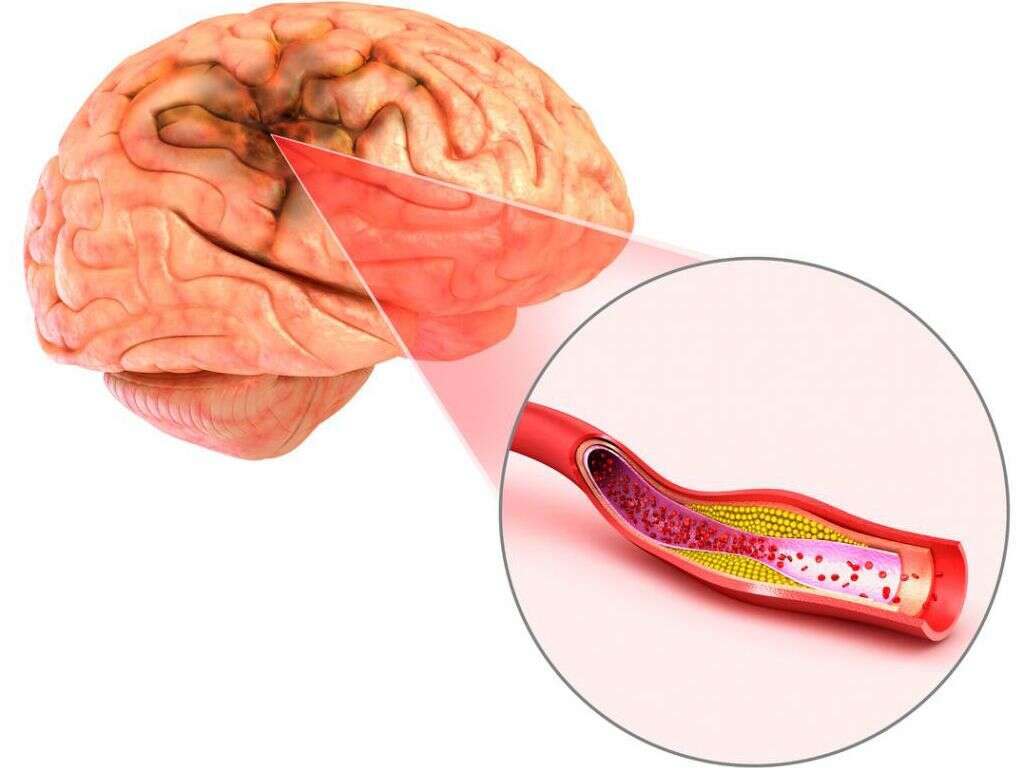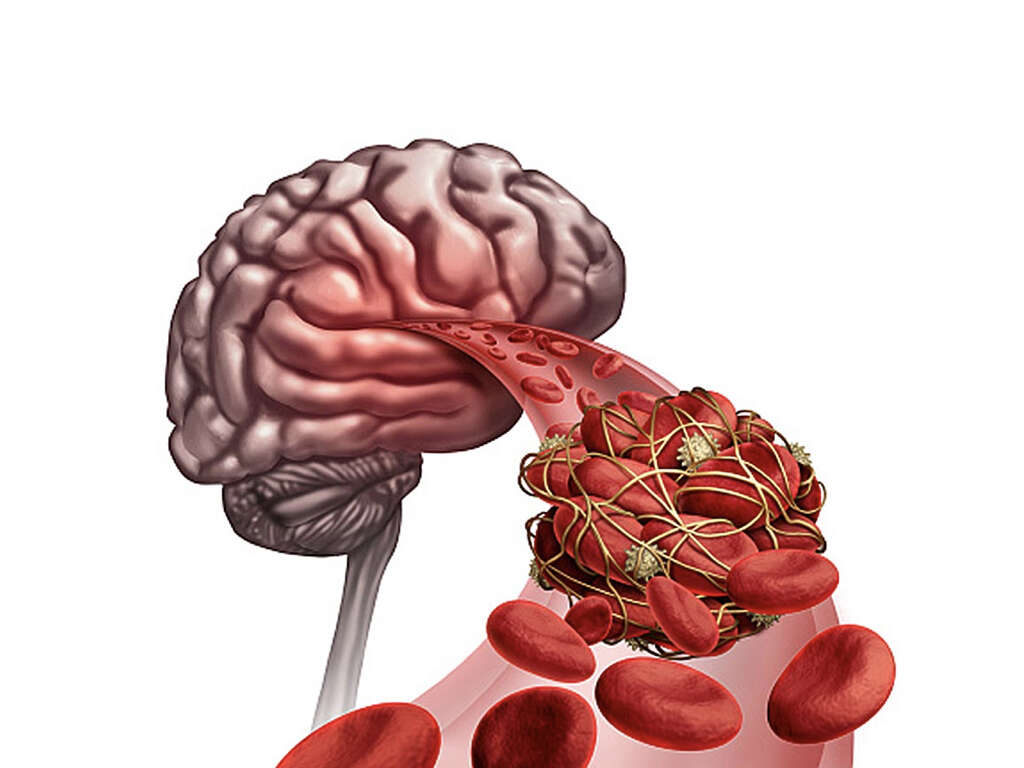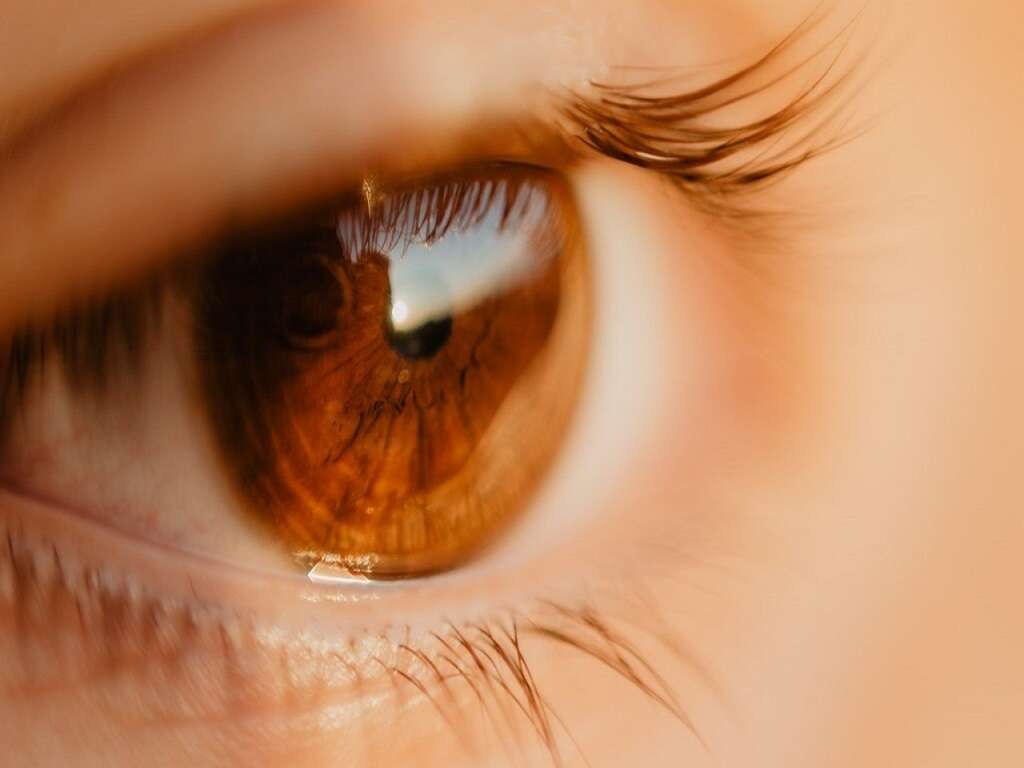10 Hemorrhagic Stroke Symptoms
 Article Sources
Article Sources
- 1. Gray, Vicki, et al. ‘Factors That Influence Muscle Weakness Following Stroke and Their Clinical Implications: a Critical Review.’ Physiotherapy Canada.ncbi.nlm.nih.gov/pmc/articles/PMC3484914/
- 2. McKenzie-White, Jane. ‘Neuropsychiatry of Stroke.’ Johns Hopkins Medicine, Based in Baltimore, Maryland, 20 June 2017, www.hopkinsmedicine.org/gec/series/neuropsych/stroke.html
- 3. Çelebisoy, Mehmet, et al. ‘Recovery of Visual-Field Defects after Occipital Lobe Infarction: a Perimetric Study.’ Journal of Neurology, Neurosurgery & Psychiatry, BMJ Publishing Group Ltd, 1 June 2011, jnnp.bmj.com/content/82/6/695.abstract
- 4. Schwab S;Aschoff A;Spranger M;Albert F;Hacke W; ‘The Value of Intracranial Pressure Monitoring in Acute Hemispheric Stroke.’ Neurology, U.S. National Library of Medicine, pubmed.ncbi.nlm.nih.gov/8757010/
Vision Problems
If it is suspected that someone may be shaving a stroke, they should be asked whether they are experiencing any changes in vision. In some cases, a hemorrhagic stroke may cause a person to experience double or blurred vision.
The person may also experience a complete loss of vision in one or both eyes. This occurs if the stroke affects parts of the brain that are responsible for vision. These include the occipital lobe and some parts of the parietal and temporal lobes.3Çelebisoy, Mehmet, et al. ‘Recovery of Visual-Field Defects after Occipital Lobe Infarction: a Perimetric Study.’ Journal of Neurology, Neurosurgery & Psychiatry, BMJ Publishing Group Ltd, 1 June 2011, jnnp.bmj.com/content/82/6/695.abstract
Advertisement











